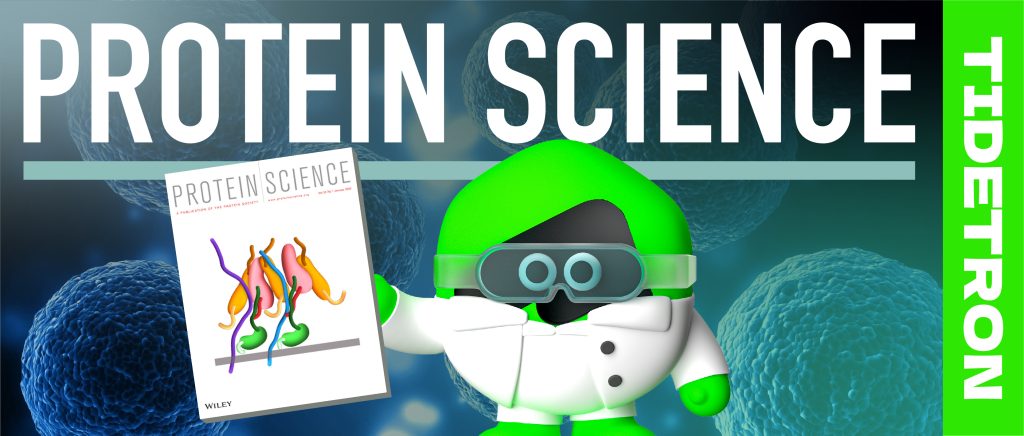Both national-level top-level design and the latest layout of regional development are seizing the new track and planning for the development path of synthetic biology. The favor of capital has become a "booster" for developing synthetic biology.
Synthetic biology is entering a period of development in spring. Under the trend, what are synthetic biology's new models, technologies, ideas, and future? On March 28, the first China Green Bio-Manufacturing Summit with the theme "All Things Grow, Synthesize the Future" was held in Guangzhou. Seven academicians, including Gao Fu, Deng Zixin, Yuan Yingjin, Zheng Yuguo, and Song Erwei, along with more than 400 guests from all walks of life, contributed their insights to the healthy development of synthetic biology.
The first China Green Bio-Manufacturing Summit was jointly organized by the Science and Technology Daily and the Chinese Society of Biotechnology Engineering, supported by the People's Government of Guangzhou City and the People's Government of Haizhu District, and hosted by Tidetron Bioworks (Guangzhou) Co., Ltd. It is an industry event initiated by the central media, academia, research institutes, and industry.
Synthetic biology welcomes a historic opportunity for development.
Facing the critical opportunities of a new round of technological revolution and industrial transformation, how can we use technological innovation to open up new fields and tracks for development, continuously shaping new driving forces and advantages?
By 2025, the economy will become a powerful driving force for high-quality development, and its scale will reach new heights. In 2022, the National Development and Reform Commission proposed the economic development stage goals in the first five-year plan. The industry generally hopes the economy can become China's second new financial form after the digital economy. Synthetic biology is undoubtedly the new engine of the economy and will become a new field and a new track for China to seize.
"Synthetic biology, as one of the disruptive technologies of the future, is rapidly moving towards practicality and industrialization. It will play a unique role in the field of 'dual carbon,' biomaterials, bioinformatics, and artificial intelligence, and it has important strategic significance for changing China's related industries' economic growth mode and achieving green and sustainable industrial development." Gao Fu, academician of the Chinese Academy of Sciences and chairman of the Chinese Society of Biotechnology Engineering, gave his judgment in the summit speech, indicating that synthetic biology is facing a historic opportunity for development.
According to McKinsey data, the economic value of synthetic biology and bio-manufacturing is expected to reach $100 billion by 2025, and 60% of global material production can be achieved through bio-manufacturing methods in the future.
According to the "2022 Perception Survey on Green Applications and Industries of Synthetic Biology in China" jointly released by the Science and Technology Daily and the Chinese Society of Biotechnology Engineering, 57.81% of respondents are optimistic about developing synthetic biology techniques in the next ten years. Statistics show that 18 provinces and cities in China have included "synthetic biology" in their "14th Five-Year Plan" and planned synthetic biology's development path from platform construction, technological breakthroughs, and industrial applications.
On the new track, from diversity to fierce competition
In recent years, thanks to technological breakthroughs, policy support, and other factors, synthetic biology has made breakthrough developments, rapidly transitioning from laboratories to industries.It has been widely applied in various fields such as medicine and health, green energy, daily chemical and cosmetics, biomaterials, and food consumption, demonstrating characteristics of low cost, high efficiency, and high value. As a result, China has seen the emergence of many companies in synthetic biology.
Since Chinese scientists successfully synthesized starch from carbon dioxide internationally, the concept of "bread made from air" seems within reach. This significant breakthrough from "zero" to "one" reveals the immense potential of synthetic biology in driving industrial transformation. Zhou Ziwei, the researcher who developed China's first cultured meat, has overcome numerous technological challenges in cell-cultured meat production after years of research and development, achieving the ability to cultivate a series of cell-cultured meat products weighing over 200 grams in just 20 days. TCI Bio has made a breakthrough in small molecule peptide synthesis technology, shortening the synthesis cycle of individual peptides to 1-3 months while increasing production efficiency by about 40% compared to traditional synthesis methods. The company has also innovated the supply of squalane raw materials in the cosmetics and daily chemical industry using gene editing techniques, attracting widespread attention. The "2022 Survey Report on Green Applications and Industry Perception of Synthetic Biology in China," the first research report in China that explores the field of synthetic biology from an industrial perspective, has selected ten representative application cases, showcasing the diverse landscape and vibrant development of synthetic biology in China.
According to the research report, based on a search of enterprise registration information, as of March 5, 2023, Guangdong province had the highest number of registered companies related to "synthetic biology" among all provincial-level administrative regions, with over 100,000 potential synthetic biology enterprises, making it the leader in synthetic biology development possible nationwide.
Wang Guilin, Vice Chairman of the Guangzhou Municipal Committee of the Chinese People's Political Consultative Conference and Director of the Municipal Science and Technology Bureau, stated that in recent years, Guangzhou had been closely aligned to build the Guangdong-Hong Kong-Macao Greater Bay Area into an international center for scientific and technological innovation. The city has focused on establishing a development path that connects scientific and technical research, technology commercialization, product industrialization, and capitalization. Efforts have been made to promote innovation in the biomedical technology sector through original research, industrial planning, and a favorable business environment, aiming to build Guangzhou into a source of biomedical technology and an innovation hub.
Investment institutions accelerate their layout, providing ample "ammunition" for synthetic biology.
In the growth and expansion of synthetic biology, capital is an essential "booster." The favor of capital undoubtedly provides abundant "ammunition" for developing synthetic biology enterprises.
According to the "2022 Survey Report on Green Applications and Industry Perception of Synthetic Biology in China," the intensive investment and financing activities taking place in synthetic biology demonstrate its immense development potential. In 2022 alone, the frequency and amount of investment and financing activities in synthetic biology in China reached a new high, with at least 43 investment and financing events, equating to almost one new round of funding for a company every week. The total amount reached 6.6 billion yuan, also hitting a new record.
According to an industry viewpoint, with breakthroughs and commercialization of underlying technologies, combined with favorable policies such as carbon neutrality and the rise of green consumption, the next 3-5 years will be a critical period for the development of synthetic biology. During the growth stage, companies require significant research and development investment, and it would be challenging to imagine their progress without capital assistance. Fortunately, investment institutions are accelerating their presence in synthetic biology. As a result, disruptive synthetic biology companies may emerge in the future.
However, when interpreting the "2022 Survey Report on Green Applications and Industry Perception of Synthetic Biology in China," Professor Lin Zhanglin from the Shenzhen Advanced Technology Research Institute believes that synthetic biology still faces numerous challenges in terms of technological breakthroughs, industrial applications, and external environments, requiring collaboration among academia, industry, and research institutions.
Scale production is the path to commercialization for synthetic biology products, and a series of "bottleneck" technologies still need to be overcome. An issue that cannot be ignored is that synthetic biology's "creation" aspect challenges traditional values regarding life, and the "biological design" process can quickly spark ethical and safety controversies.
The future of synthetic biology is promising, but a healthy industry ecosystem requires efforts from all parties involved.
Article source:
http://stdaily.com/index/kejixinwen/202304/1ad7b2e59b62453bb9ac1a052ff8b5d8.shtml









